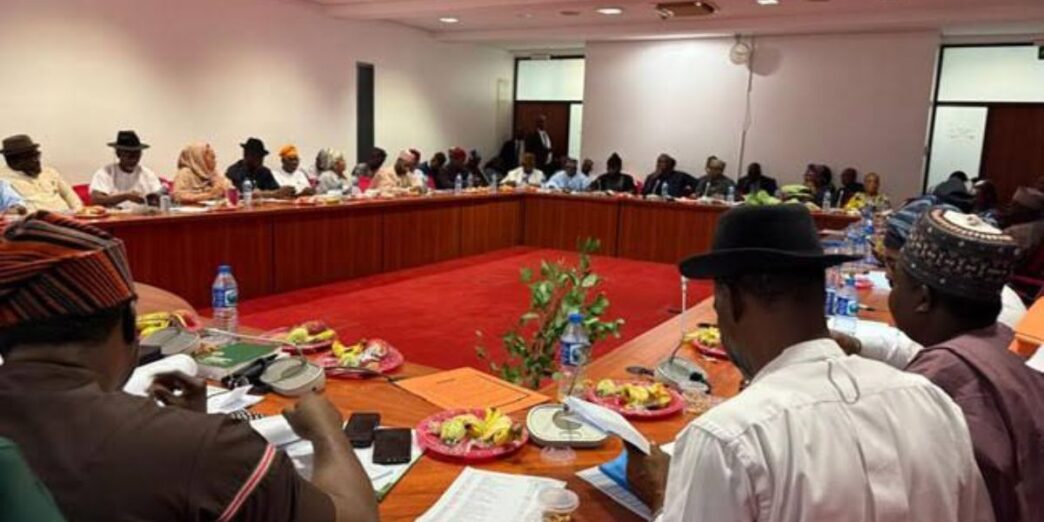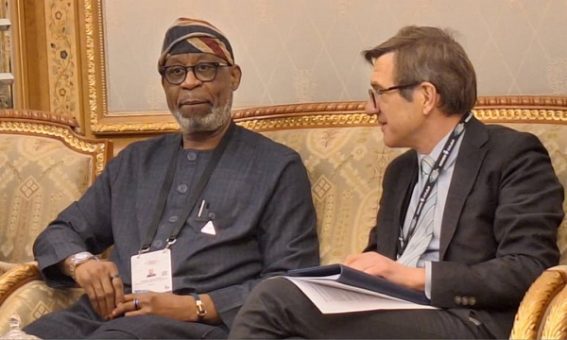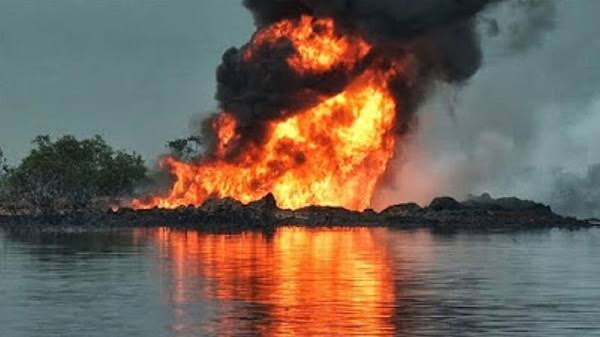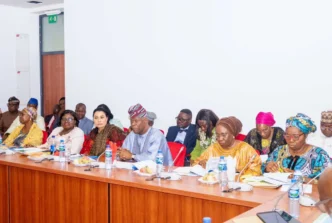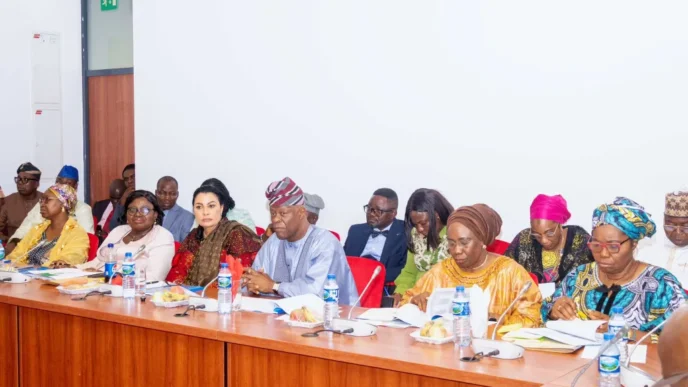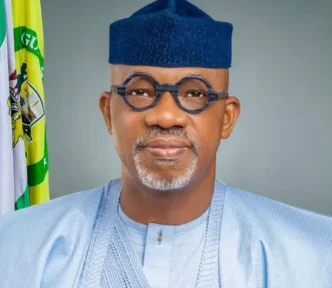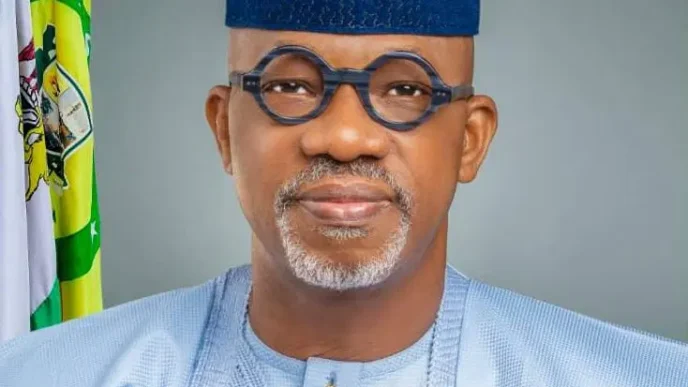The 2025 budget defense session for the Ministry of Petroleum Resources, held on Friday, witnessed a heated exchange as lawmakers criticized the absence of budget documents during the meeting.
The session, attended by the Minister of Petroleum (Oil), Senator Heineken Lokpobiri, and the Minister of State for Petroleum (Gas), Hon. Ekperikpe Ekpo, was overshadowed by disruptions, reflecting growing concerns about the ministry’s budgetary process.
During his presentation, Senator Lokpobiri apologized for the missing documents, describing the situation as unintentional.
He reiterated the ministry’s commitment to maintaining a productive working relationship with the National Assembly, adding that the oversight would not happen again.
The minister stated, “We deeply regret the inconvenience caused and assure lawmakers of our dedication to transparency and collaboration.”
Despite the rocky start, Hon. Ekperikpe Ekpo outlined critical initiatives planned by the government to reform the oil and gas sector.
A major focus was the allocation of ₦222 billion to six companies for the development of midstream and downstream infrastructure to support the nationwide adoption of Compressed Natural Gas (CNG).
This initiative, he explained, aligns with the government’s broader goal to reduce petroleum explosions and promote cleaner, sustainable energy alternatives.
The Ministry of Petroleum Resources proposed a ₦4.25 billion budget for the 2025 fiscal year, covering personnel costs, overheads, and capital expenditures.
The meeting also reviewed the ministry’s 2024 budget performance, highlighting reforms such as boosting local refining capacity and encouraging modular refineries to strengthen the sector.
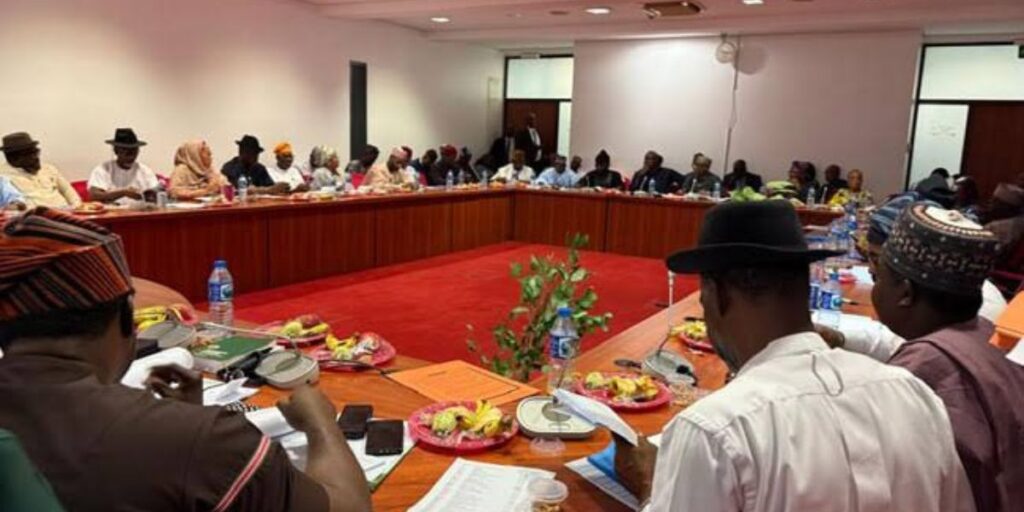
According to the ministry, these reforms are designed to address key challenges in the petroleum industry while supporting Nigeria’s economic growth.
Lawmakers, however, stressed the importance of budgetary discipline and transparency in the ministry’s operations, urging the ministers to ensure timely submissions moving forward. The session underscored the significance of balancing national energy policies with efficient budget planning to achieve meaningful progress in the oil and gas sector.

